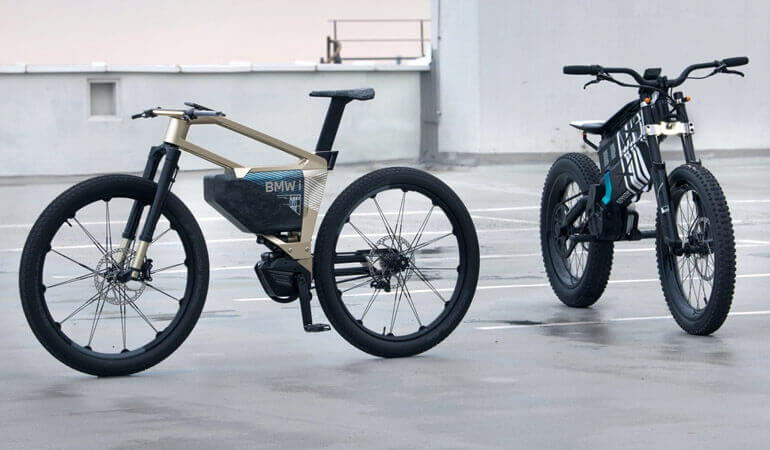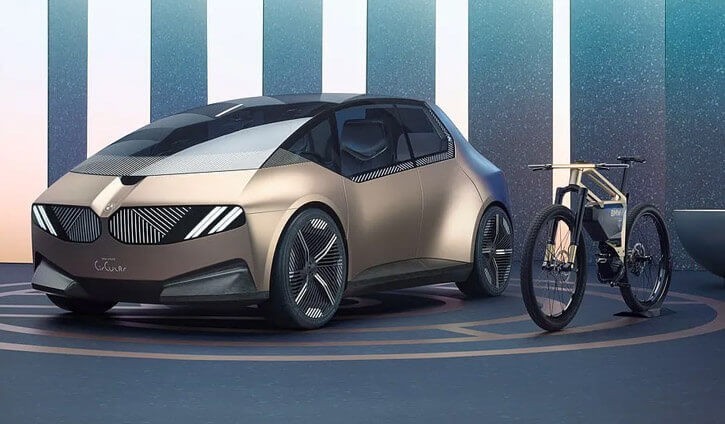Automobile manufacturers, large and small, are starting to convert to producing entirely electric vehicles. It will be a years-long procedure that might easily be postponed, despite the fact that the purpose is to help cut greenhouse gas emissions. For BMW, this is more than just producing EVs. The carmaker has ambitious plans to redesign the car’s whole lifecycle, including the supply chain, to be more sustainable and efficient than it is now, including the use of recycled components.
Table of Contents
Many firms in the automobile industry, including BMW, are developing vehicles that address our planet’s environmental challenges. The German automaker has ambitious aspirations for its electrified vehicle lineup. In addition to producing more electric vehicles, BMW intends to build vehicles built entirely of recycled materials.
The first instalment of the initiative will be unveiled next week at the Munich Motor Show when BMW reveals the BMW I Vision Circular concept. BMW refers to it as a “visionary vehicle” that was created to adhere to four established company principles: Re:think, Re:duce, Re:use, and Re:cycle. These are important to the circular economy concept. The concept will imagine what automobiles might look like in 2040, while also expressing the brand’s objective of becoming one of the most sustainable – and thus “luxury” – automakers.

The scarcity of materials and suppliers is causing major delays in the production of automobiles. This is exacerbated by the Covid-19 outbreak, which is wreaking havoc on supply networks. In addition, the production of electric vehicles raises the need for materials used in battery manufacturing. Aluminium, nickel, and cobalt are examples of such metals.
The vehicle isn’t shown in the teaser image, but we do see a pile of old materials producing a shadow in the shape of a car. That is what we expect BMW to unveil, which appears to be a tiny three-door hatchback. It sports a smooth front end, with the hood flowing into the windshield for improved aerodynamics and economy. There will be no M variation of this runabout. BMW’s plan is to lessen its reliance on new materials, which use more resources and emit more hazardous pollutants.
As it rolls out its even greater concepts, the corporation sets lofty targets for itself. The corporation hopes to achieve a 50% reduction in worldwide CO2 emissions by 2030, as well as a 40% decrease in emissions from their vehicles over their life cycles. BMW intends to do this by selling 10 million EVs in the next ten years. BMW’s circular economy strategy calls for a 50% increase in the usage of secondary (recycled) materials.
The concept of a circular economy for automobiles is audacious, but it is fraught with challenges. Improper recycling techniques may decrease the materials’ quality to the point that they are no longer suitable in car manufacturing. The large levels of cobalt, nickel, aluminium, and other materials required for battery manufacture that must be purchased make EVs problematic. Perhaps it will take another 20 years before a circular economy becomes a reality.
Have 1 million naira and above to Buy or Sell Cars In Nigeria? Check carlots.ng
All rights reserved. Reproduction, publication, broadcasting, rewriting, or redistribution of this material and other digital content on carmart.ng is strictly prohibited without prior express written permission from Carmart Nigeria - Contact: [email protected]





